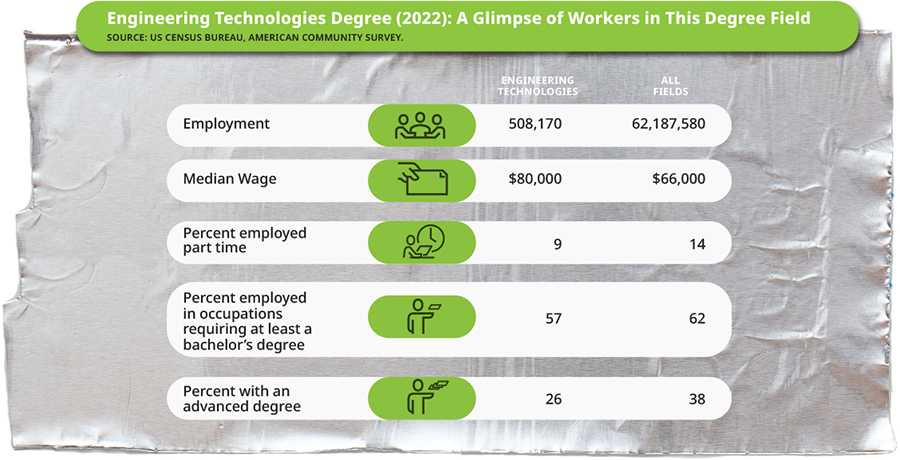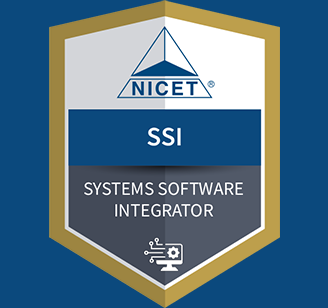January/February 2014
PE REPORT
States Approve Early Taking of PE Exam
This past fall, Kentucky and South Carolina became the two most recent states to adopt rules allowing candidates to take the PE exam before gaining four years of engineering experience, reflecting a wider change of opinion in the profession.
Last August, the National Council of Examiners for Engineering and Surveying voted to amend its Model Law to stipulate that candidates could take the PE exam immediately after passing the FE exam and before gaining engineering experience. Candidates, however, would still need to meet the experience requirements before earning a PE license. NSPE is also on board with the change. In July, the Society’s board of directors approved a position statement supporting the early taking of the PE exam.
These moves have prompted discussions within state licensing boards about whether to follow suit.
The Kentucky State Board of Licensure for Professional Engineers and Land Surveyors decided in October to make the change, to encourage more people to become licensed. (NCEES administers more than 50,000 FE exams per year but only about half as many PE exams.) Candidates will be able to take the PE prior to gaining work experience starting with the April exam, although board executive director David Cox points out that they can also wait if they prefer. He expects the number of PE test takers to triple, at least initially.
Support for the move from the Kentucky Society of Professional Engineers played a key part, says Cox. In turn, KSPE Executive Director Derek Guthrie, P.E., gives credit to data NSPE had gathered on the issue showing no significant difference in pass rates for early test takers.
KSPE plans to send representatives to college campuses to speak to students about the early-exam option, which may also provide an opportunity to educate them about the organization and licensure, Guthrie says.
The South Carolina State Board of Registration for Professional Engineers and Surveyors approved the early taking of the PE exam in November. Key factors included the NCEES and NSPE actions. South Carolina also hopes to increase the number of engineers who become licensed, including female engineers who will now have the flexibility to take the exam before starting a family. South Carolina’s change will also take place as of the April exam.
Not all states like the early taking of the PE exam, however. In Ohio, the state licensing board has decided to stand firm in requiring a candidate to gain four years of work experience prior before taking the PE. “Quite frankly, [that change] is a solution, but there’s been no real problem defined,” says John Greenhalge, executive director of the board. “We don’t see a real public protection reason to allow them to take [the exam] early.”
The board, according to Greenhalge, made its decision in the absence of studies or reports that indicate the public health, safety, and welfare are better served by early test taking. In addition, he questions whether candidates who take the exam in a discipline other than the one they end up working in would need to retake it.
Mobility is also a concern for Ohio. According to Greenhalge, the board didn’t want to cause issues for licensees who might want to seek comity in other states that don’t support early testing.
But Ohio’s requirements may cause issues for early exam takers. Unlike Kentucky and South Carolina, which did not have to make any statutory revisions to allow the early PE, Ohio law states that engineering experience must be gained 120 days before taking the exam. Thus, any candidates who take the exam early in other states and want to gain comity in Ohio would have to retake the exam, Greenhalge explains.
Comity is an issue that Guthrie says KSPE will try to fully inform students about. The society wouldn’t want to advise someone to take the test early who would later have to retake it in a state that wouldn’t recognize their license, he says.
However, Greenhalge doesn’t believe Ohio will lose many applications based on what he’s seen in the last eight years as executive director. “We don’t think it will have a big impact on what we do and the applications we approve,” he says.
For more on the history of this issue, see “A Matter of Timing,” December PE.


 Volunteering at NSPE is a great opportunity to grow your professional network and connect with other leaders in the field.
Volunteering at NSPE is a great opportunity to grow your professional network and connect with other leaders in the field. The National Society of Professional Engineers (NSPE) encourages you to explore the resources to cast your vote on election day:
The National Society of Professional Engineers (NSPE) encourages you to explore the resources to cast your vote on election day:










